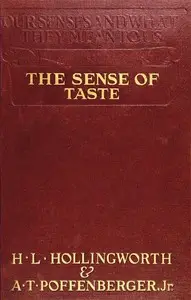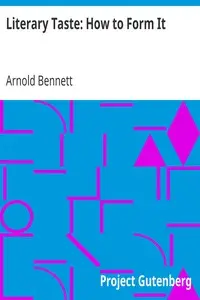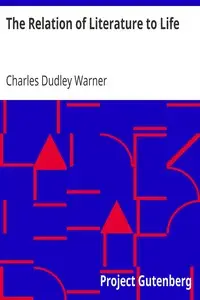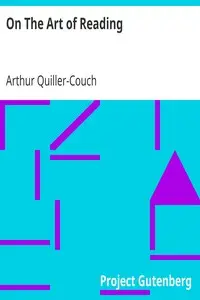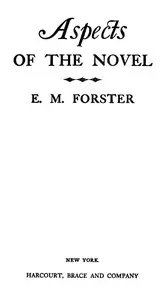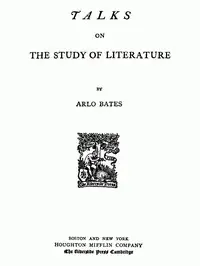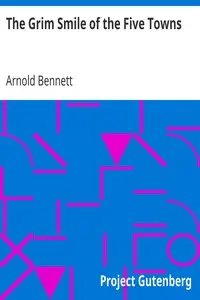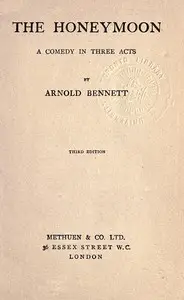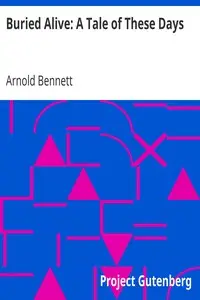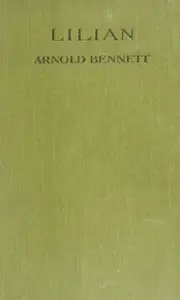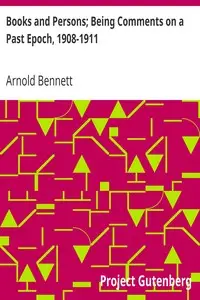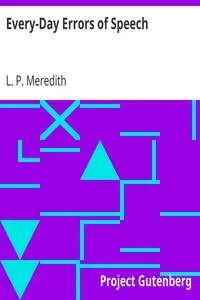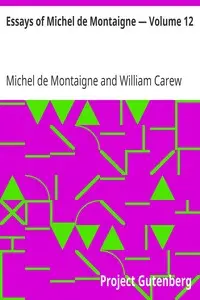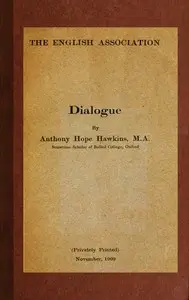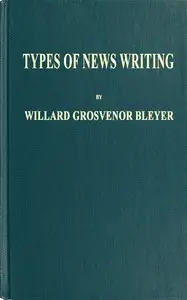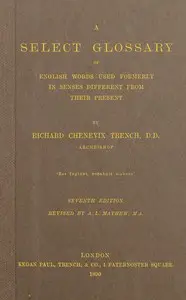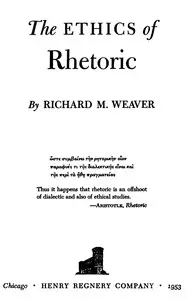"Literary Taste: How to Form It" by Arnold Bennett is a guide from the early 1900s that shows readers how to truly appreciate books. It explains that knowing what’s good in literature isn’t just about being fancy; it’s a key part of living a complete life. The book highlights how literature and real life are strongly linked, pushing people to connect with books to wake up their senses and make their lives better. It starts by talking about why literary taste matters and how it helps people. It argues against the idea that reading is just for show or a pastime, explaining that it’s important for understanding life better. The guide shows how reading can reveal the beauty and complexity of the world, telling readers to come to classic books with an open mind. The author's way of writing makes it clear that learning to appreciate literature can be hard but leads to a more fulfilling and aware life.
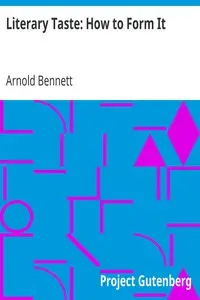
Literary Taste: How to Form It With Detailed Instructions for Collecting a Complete Library of English Literature
By Arnold Bennett
Discover how to truly awaken your senses and enrich your life by unlocking the profound connection between literature and human experience.
Genres
Released
2004-10-25
Formats
epub (images)
epub3 (images)
epub
mobi (images)
mobi
txt
Free Download
Summary
About the AuthorEnoch Arnold Bennett was an English author, best known as a novelist, who wrote prolifically. Between the 1890s and the 1930s he completed 34 novels, seven volumes of short stories, 13 plays, and a daily journal totalling more than a million words. He wrote articles and stories for more than 100 newspapers and periodicals, worked in and briefly ran the Ministry of Information during the First World War, and wrote for the cinema in the 1920s. Sales of his books were substantial, and he was the most financially successful British author of his day.
Enoch Arnold Bennett was an English author, best known as a novelist, who wrote prolifically. Between the 1890s and the 1930s he completed 34 novels, seven volumes of short stories, 13 plays, and a daily journal totalling more than a million words. He wrote articles and stories for more than 100 newspapers and periodicals, worked in and briefly ran the Ministry of Information during the First World War, and wrote for the cinema in the 1920s. Sales of his books were substantial, and he was the most financially successful British author of his day.
Total Reviews
10.0k
Total reviews from Goodreads may change

